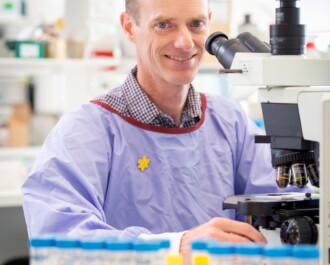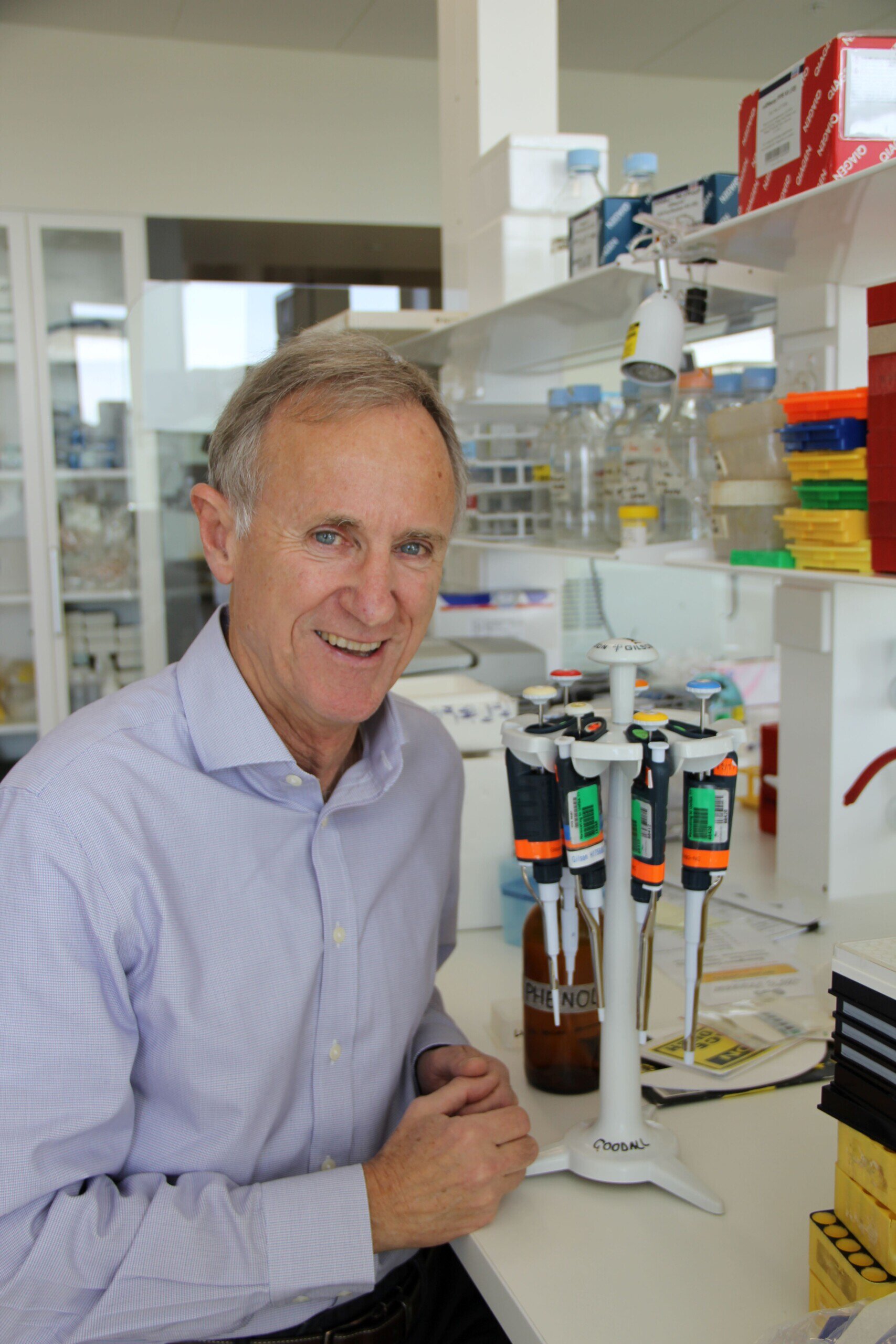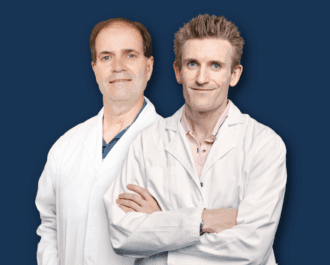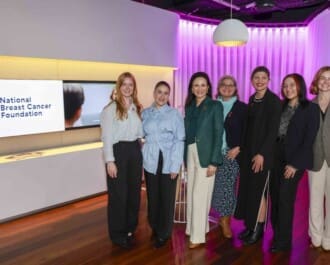
Professor Gregory Goodall, a NBCF-funded researcher, at the University of South Australia and SA Pathology’s Centre for Cancer Biology, along with collaborators have made a major discovery. This world-first discovery can be used to spear-head development of next generation of RNA-based medicines including a cancer vaccine.
 The research was a collaboration between the Peter MacCallum Cancer Centre and the Centre for Cancer Biology at SA Pathology and the University of South Australia. NBCF supported this with funding at the early stages of the breakthrough research which started in 2017.
The research was a collaboration between the Peter MacCallum Cancer Centre and the Centre for Cancer Biology at SA Pathology and the University of South Australia. NBCF supported this with funding at the early stages of the breakthrough research which started in 2017.
Ribo Nucleic Acid (RNA) is essential for all body functions. It is an injectable genetic material that produces a desired therapeutic or vaccine effect and has been most recently used for the COVID-19 vaccine. However, RNA could break down quickly once absorbed into the body.
Professor Goodall identified a more durable form of RNA, called circular RNA, as potentially being involved in breast cancer metastasis. Further research led to discovering how circular RNAs are transported out of the nucleus (where they are made) to their site of action in the cell (the cytoplasm).
As explained by Professor Goodall, understanding this pathway is a major step.
“Now this molecular mechanism is worked out, it opens up for manipulating it for beneficial outcomes such as disease therapies,” including for treating cancer.
Fundamental research such as this takes time, it is pivotal for developing new and better cancer therapies. Dr Vi Wickramasighe research collaborator from Peter MacCallum Cancer Centre shared his insight.
“I would say within five years a tailored cancer vaccine is entirely feasible and within a decade this therapy could be routine treatment for cancer.”
Collaboration can accelerate research discoveries. To this end, Professor Goodall has been collaborating with the group of from Monash University led by Associate Professor Sefi Rosenbluh. Together they have just published the results of a study that has identified multiple circular RNAs that affect the growth of cancer cells in a variety of cancers. This work has created a resource for future studies to develop new cancer therapies that target the circular RNAs.
Continuing research into how these circular RNAs work is the next step and may bring us closer towards our vision of Zero Deaths from breast cancer.
More News Articles
View all News


